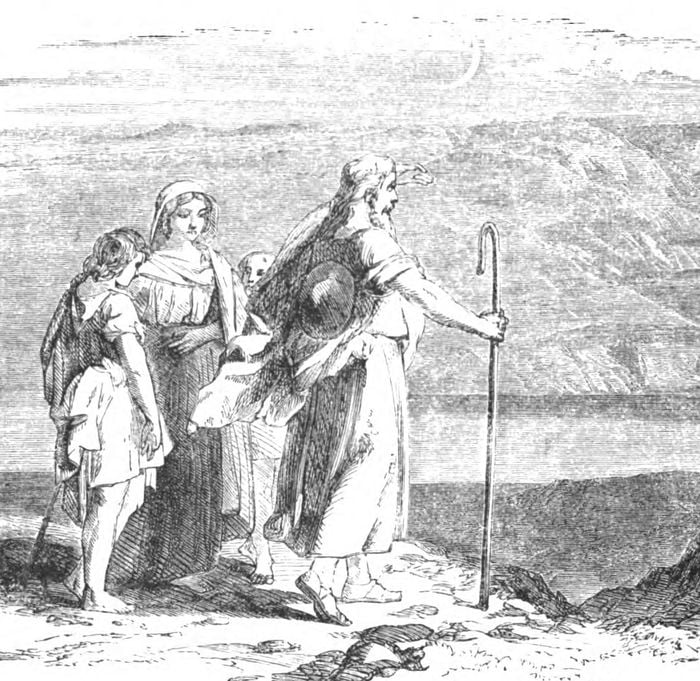But since there was a statute of limitations barring action after thirty years, except in mortgages and certain other matters, where the limit was forty years, they formed the following plan. Going to Constantinople and offering the Emperor large sums of money, they begged him to join in accomplishing the destruction of their innocent fellow citizens. He took the money, and without scruple published a new law, to the effect that the statute of limitations did not apply to the church, but claims connected with that institution might be brought at any time within a hundred years. And this was now the law not only in Emesa, but throughout the whole Roman Empire.
Citizens whose ancestors were mentioned
To enforce his decree he sent to Emesa one Longinus, a man of deeds and of great bodily strength, who later was Prefect of Constantinople. And those in charge of church affairs there immediately brought suit for two centenaries against some of the citizens whose ancestors were mentioned in the forgeries; and soon obtained judgment against these men, who had no defence owing to the great lapse of time and their ignorance of the facts. And all the other citizens were greatly grieved over this, and incensed against the accusers; the most reputable men of Emesa being the most perturbed.
Just as this evil was now progressing against the majority of the citizens, Providence intervened in the following way. Longinus ordered Priscus, the inventor of the mischievous trick, to bring him all the documents in the case; and when he objected, slapped him with all his might. Priscus, unable to bear the shock of a blow from a strong man, fell on his back, now trembling and shaking with fear; and supposing that Longinus had discovered him and that the whole deceit had been brought to light, stopped bringing suits.
As if it were not enough to do away with the laws of the Romans daily, the Emperor also exerted himself to destroy the traditions of the Jews. For whenever in their calendar Passover came before the Christian Easter, he forbade the Jews to celebrate it on their proper day, to make then any sacrifices to God or perform any of their customs. Many of them were heavily fined by the magistrates for eating lamb at such times, as if this were against the laws of the State.
Knowing countless other such acts of Justinian, I cannot include them, since the end of this book draws near. In any case, what I have told will be enough to show the nature of the man.
Read More about The Secret History part 70








